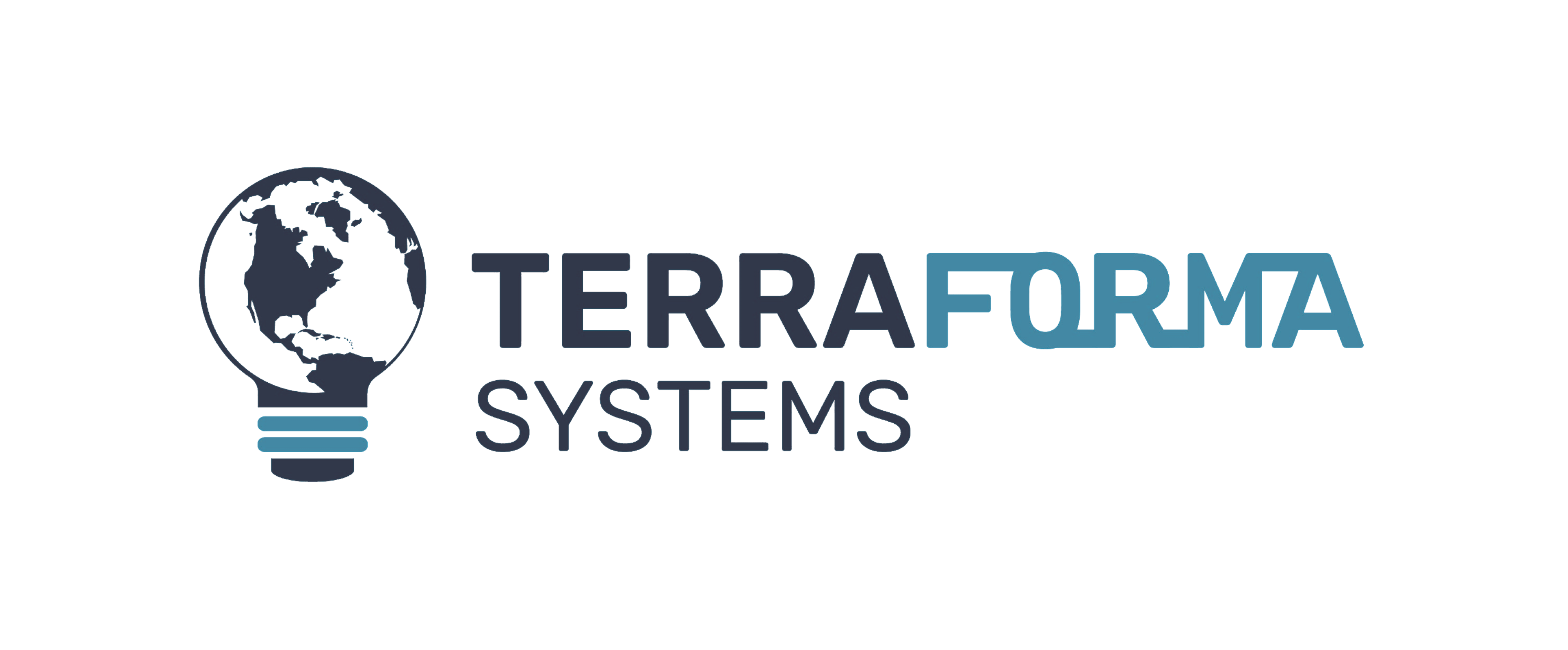
Why On-Site Composting with the T-REX Composter Is a Smart Move for Universities
May 13, 2025
4 min read
Across North America and beyond, colleges and universities are making sustainability a priority. From climate action plans to zero waste targets, institutions are looking for practical ways to shrink their environmental footprint. One area that often gets overlooked, but holds major potential, is food and organic waste.
Campus kitchens, dining halls, residences, and grounds crews generate a steady stream of compostable material every day. Instead of sending it off-site, or worse, to the landfill, more universities are turning to on-site composting as a hands-on solution.
That’s where the T-REX Composter comes in. Built for high-volume use, this industrial system turns food scraps and other organics into nutrient-rich compost, right on campus. For universities aiming to cut waste and back up their sustainability goals with action, the T-REX offers a clear, practical step forward.

Cuts Down on Hauling and Off-Site Processing
One of the biggest challenges with organic waste is moving it. Trucking food waste to distant composting sites adds up, including fuel, labour, emissions, and scheduling headaches. On-site composting takes most of that out of the equation.
With a T-REX Composter, waste is processed right where it’s produced. That means fewer trucks, less fuel, and no third-party processing fees. Over time, those savings add up, not just in dollars, but in reduced carbon emissions too.
Turns Food Waste Into a Useful Resource
One of the most immediate upsides to composting on campus? The end product. The compost created by the T-REX is a rich, soil amendment that’s ideal for use in campus landscaping, gardens, and greenhouses.
Many universities are already putting this compost to work, in campus gardens, agriculture programs, and groundskeeping. It’s a great example of a closed-loop system where waste becomes a resource, right where it started.
Engages Students and Adds Learning Opportunities
Universities are places where ideas are tested, and composting fits right into that spirit. On-site composting often become part of the curriculum, research, or student-led initiatives.
Students in environmental science, biology, engineering, or sustainability programs get hands-on experience with composting systems. Others might help run awareness campaigns, track data, or develop educational signage around waste stations. In many cases, student advocacy is what gets these systems on campus in the first place.
The T-REX becomes more than just a machine, it’s a learning tool, a project hub, and a way to connect theory to real-world action.
Supports Climate and Zero Waste Goals
Almost every university today has some kind of climate or sustainability plan, and composting plays a direct role in hitting those targets.
When organic waste ends up in landfills, it breaks down without oxygen, releasing methane, a greenhouse gas far more potent than CO2. Composting it instead reduces emissions and produces a valuable byproduct.
Installing a T-REX Composter makes it easier to track and report on metrics like waste diversion, and sustainability certifications (like LEED). It also gives schools a tangible step to show they’re making progress.
Cleaner, Easier, and More Scalable Than Traditional Composting
Forget the image of smelly compost piles or messy bins. The T-REX Composter is fully enclosed, odor-controlled, and automated. It’s designed to handle large volumes with minimal hassle.
Because it’s a sealed system, it prevents issues like pests, smells, or runoff. It’s faster than traditional composting, and much easier to manage. Staff can monitor it remotely and tweak settings as needed, no pitchforks required.
That makes it a great fit for campuses with limited space, lots of foot traffic, or strict cleanliness standards. It blends into operations without creating extra work.
Helps Shift Universities Cultures
When composting is visible and part of everyday campus life, it starts to influence behavior. Students and staff are more likely to sort waste properly when they know where it’s going, and that it’s staying on-site.
This kind of change builds over time. Composting can lead to better waste habits, more awareness of sustainability programs, and a greater sense of shared responsibility. It’s also something students and staff can take pride in.
Many schools feature their composting efforts in campus tours, marketing materials, and annual reports. It’s a way to show prospective students and the wider community that sustainability isn’t just a buzzword, it’s part of how the campus runs.
Prepares Campuses for Future Regulations
Across the continent, food waste laws are getting stricter. Some cities and provinces are banning organics from landfills or requiring composting programs for institutions.
Installing an on-site composting like the T-REX helps schools stay ahead of the curve. It’s a long-term investment that builds resilience, keeps campuses in compliance, and shows leadership in sustainable operations. And by getting started now, schools can ease into new regulations without scrambling to catch up later.
A Practical Step Toward a Greener Campus
On-site composting with the T-REX is more than just a waste solution. It’s an investment in campus sustainability, student engagement, and operational efficiency. It saves money, supports campus agriculture, and helps meet climate goals while keeping waste out of landfills.
For schools ready to take action, the T-REX offers a practical, proven way to rethink food waste. Sometimes, change starts right where your waste ends.






